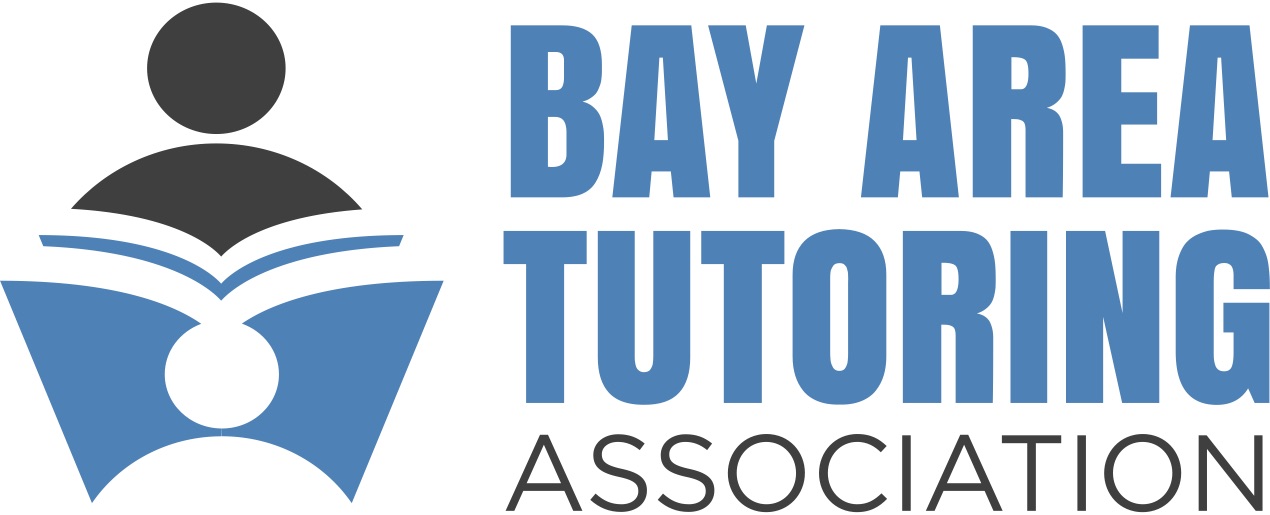The Milpitas City Council unanimously voted to endorse Laura’s Law last Tuesday, a state law that empowers courts to mandate psychiatric treatment for certain people with mental health disorders.
The treatment mandate applies even if the given individual refuses to undergo psychiatric care voluntarily. Individuals will be sent to assisted outpatient treatment programs per a judge’s orders.
Ultimately, the decision over the implementation of the law lies with each county’s board of supervisors. City governments, however, can show support for it.
But so far, a lack of funding, administrative red tape, and the legislation’s controversial nature has led to only 20 of 58 counties enacting the law. Santa Clara County currently has not enacted Laura’s Law.
“We talk about mental health often, but I don’t think we as a society discuss serious mental health enough,” said Mayor Rich Tran, who proposed the endorsement along with Councilmember Anthony Phan. “When we talk about public safety here in Milpitas, this is a policy that can be made that will put public safety first and mental health first.”
Laura’s Law was passed by the state in 2002, one year after the death of the law’s namesake, Laura Wilcox. Wilcox, a 19-year-old volunteer at a mental health clinic in Northern California, was killed by a man with a mental disorder who continually refused treatment in the months leading up to the murder.
Laura’s Law applies to only a select amount of cases. Only a specific group of people who have been previously incarcerated or hospitalized for mental illness would qualify for the law’s treatment mandates.
In recent years, conversations about Laura’s Law and the mentally ill have shifted towards unhoused populations, wherein mental health disorders are disproportionately present.
According to a 2019 county homeless census, 42 percent of the homeless population in Santa Clara County reported psychiatric and emotional conditions, 35 percent reported substance abuse issues, and a third reported symptoms of post-traumatic stress disorder.
However, the idea of ordering individuals to undergo treatment might not sit well with some regional officials, as efforts to implement the law could potentially run into due process issues. In addition, some leaders have expressed doubt about the law serving as the ultimate solution, especially since the county has pushed to open more mental health clinics.
Several Bay Area counties, including San Francisco, Contra Costa, San Mateo, and Marin have already implemented Laura’s Law at the direction of their boards of supervisors.
“Citizens have other needs. Just pointing to the county isn’t good enough,” said Vice Mayor Bob Núñez. “Really, they’re our citizens. We need to provide assistance and be advocates for them.”








